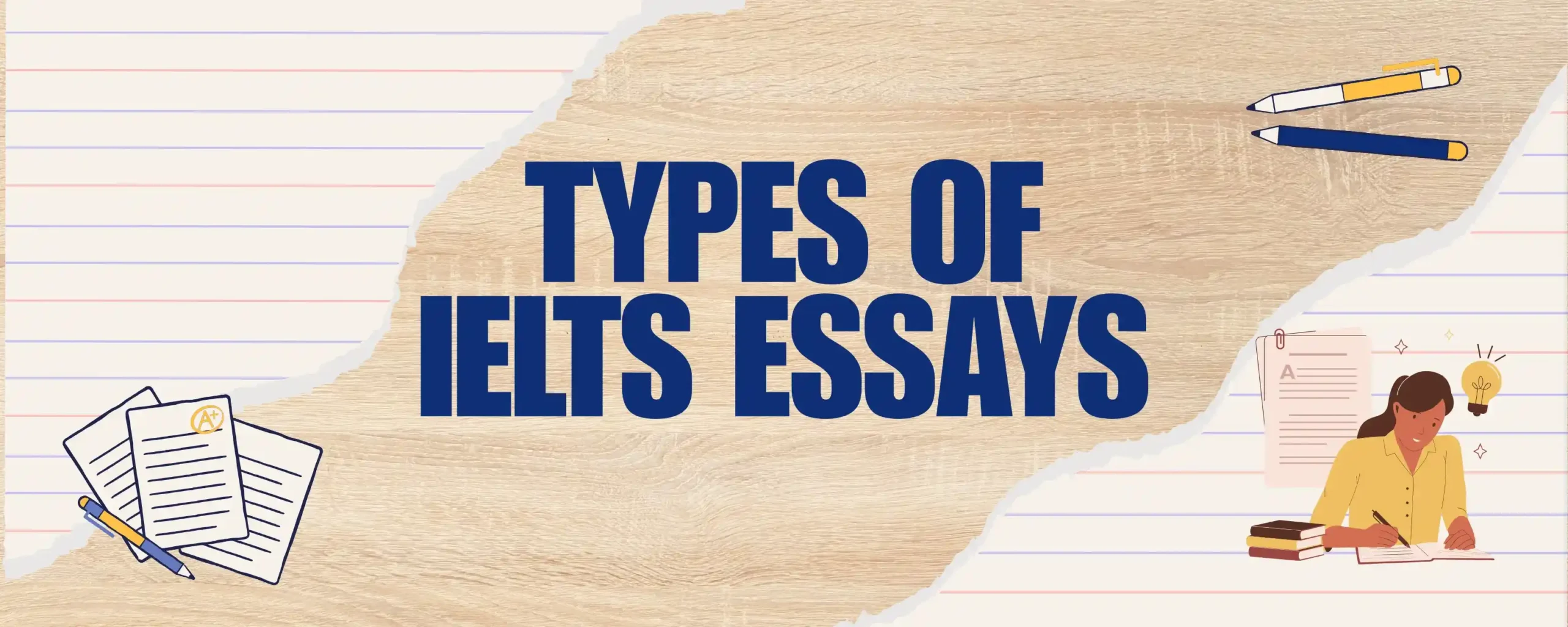Wondering why New Zealand attracts students? Well, quality education, safe environment, and stunning landscapes are some of the reasons. However, to be a part of this dream, your English proficiency (IELTS) is vital, especially because universities and the visa applications mandate it! Meeting IELTS requirements ensures admission and student visa approval, paving the way for a successful study experience in Kiwi-land. Let’s decode the IELTS requirements to study in New Zealand this year.
IELTS Score Requirement for New Zealand
Educational institutions in New Zealand usually require specific IELTS scores to ensure that students can succeed academically! These requirements, however, differ based on the level of study programs you apply to:
- Bachelor’s Programs: Usually, an overall IELTS score of 6.0 suffices for Bachelor programs, with no band score below 5.5 in Listening, Reading, Writing, and Speaking.
- Master’s Programs: Master’s programs often demand a higher overall score, usually 6.5, with no band score below 6.0. Some specialized programs may also require a score of 7.0 or higher.
- Diploma Programs: Diploma programs often have slightly lower requirements, generally around 5.5 overall, with no band score below 5.0.
Meeting these minimum scores is critical because:
- Universities use IELTS scores to assess a student’s ability to understand and be successful in academics. Falling short of the required scores can result in application rejection.
- Immigration New Zealand mandates specific IELTS scores to demonstrate English proficiency. This is an important factor for visa approval, and failure to meet these requirements can lead to visa refusal.
- Meeting the required IELTS score ensures students have the necessary linguistic foundation for academic success in New Zealand.
IELTS Score for New Zealand: Top 08 Universities
| University | Times Higher Education (THE) World University Rankings | QS World University Rankings | IELTS Requirements for Bachelors | IELTS Requirements for Masters | IELTS Requirements for Diploma |
| University of Auckland | 139 | 68 | 6.0 overall, no band below 5.5 | 6.5 overall, no band below 6.0 | 5.5 overall, no band below 5.0 |
| University of Otago | 278 | 214 | |||
| Victoria University of Wellington | 375 | 244 | |||
| University of Canterbury | 401 | 261 | |||
| Massey University | 400 | 239 | |||
| Waikato University | 301 | 235 | |||
| Lincoln University | 601 | 371 | |||
| Auckland University of Technology | 500 | 407 |
Other specific considerations
- Engineering & Healthcare programs often require 6.5+ overall.
- Business programs at the masters level often have a standard score of 6.5.
Tips to Meet the Minimum IELTS Score
Achieving your desired IELTS score will require focused preparation. Here are some tips to master your IELTS preparation:
- Master the Format: Familiarising yourself with the IELTS structure – Listening, Reading, Writing, and Speaking, can go a long way. Understanding question types and time limits is important for achieving your desired scores.
- Practice Regularly: You can use official IELTS preparation books and online mock tests to simulate exam conditions. This will build familiarity and reduce test-day anxiety!
- Target Weaknesses: Identify your weaker areas and dedicate extra time to them. For example, if the writing section is a challenge for you, practice essay structures and grammar.
- Feedback can be your friend: Get feedback on your writing and speaking from teachers or native English speakers. This will help you improve your mistakes.
- Utilize Online Resources: Youtube and the British Council website offer valuable practice materials and tips. You can also consider structured courses led by experts in the field for comprehensive preparation, like those offered at La Forêt’s IELTS Preparation Course.
Alternative English Proficiency Tests Accepted in New Zealand
While IELTS is the most widely accepted English proficiency test globally as well as for New Zealand universities and visa applications, some institutions also accept other reputed tests like the TOEFL and PTE. However, IELTS generally remains the preferred choice due to its holistic assessment of all four language skills.
For students considering alternative tests, it’s crucial to check individual university requirements. If you’re someone who’s exploring TOEFL or PTE as an alternative to the IELTS exam, resources and dedicated training are available, such as those offered at La Forêt’s TOEFL Preparation Courses and La Forêt’s PTE Preparation Courses, to ensure you meet the necessary standards.
Conclusion
Meeting the IELTS score requirements is a crucial first step for fulfilling the basic academic entry and visa requirements for New Zealand. Proper preparation for the IELTS exam can ensure a smoother study journey in New Zealand!
Frequently Asked Questions
1. If my university accepts a slightly lower IELTS score, does that mean Immigration New Zealand will too?
Ans: University admission requirements and visa requirements are separate. While, sometimes universities may offer alternative pathways like pre-sessional English courses to bridge your English requirement gap; immigration to New Zealand has its own minimum English language standards, which must be met, regardless of university acceptance.
2. If I have a conditional offer from a university, because of my IELTS, can I apply for a visa?
Ans: Yes, you can apply for your visa if you have a conditional offer from a university. However, you will need to meet all visa requirements, including the necessary IELTS score, before the visa can be granted. A conditional offer does not guarantee visa approval.





